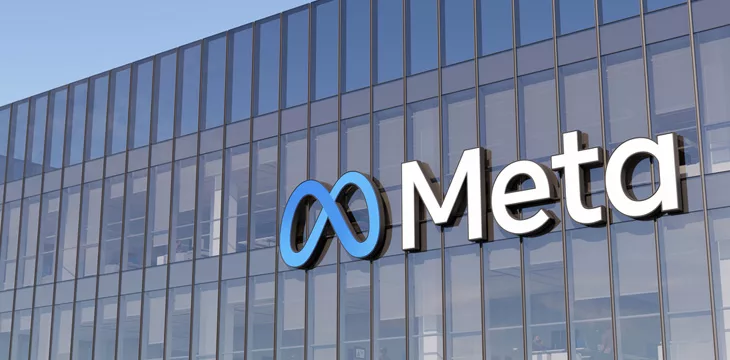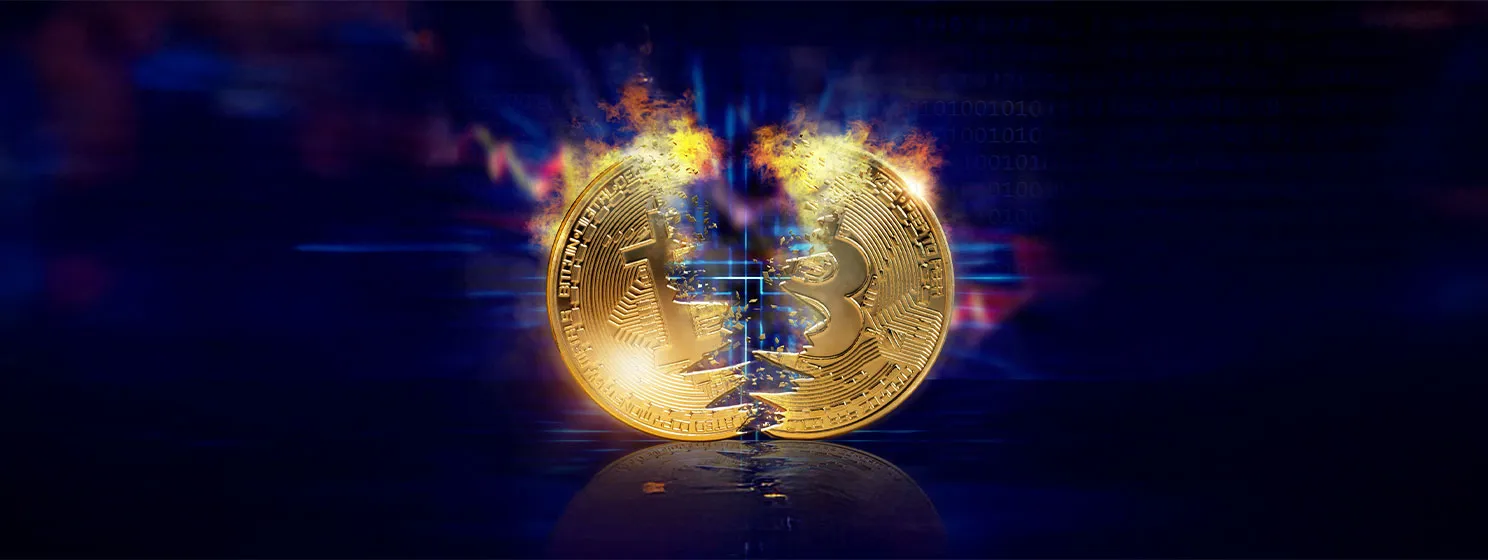|
Getting your Trinity Audio player ready...
|
Meta (NASDAQ: META) has refuted the allegation that it violated copyright rules in training its artificial intelligence (AI) model as it begins its defense against a class-action lawsuit.
In July, U.S.-based authors Sarah Silverman, Christopher Golden, and Richard Kadrey dragged Facebook’s parent company and ChatGPT developers OpenAI to court over perceived intellectual property (IP) violations.
In a recent court filing, Meta urged the court to throw out the claims made by the plaintiffs that the company infringed on the copyrights of their creative works in training its AI model. Meta argued that its generative AI model, LLaMA 2, was prepared using the “fair use” principle without breaching IP laws.
“Use of texts to train LLaMA to statistically model language and generate original expression is transformative by nature and quintessential fair use,” said Meta in its filing.
The AI developers added that LLaMA 2 does not create “copyright-infringing material,” urging the court to dismiss the claims. Google (NASDAQ: GOOGL) cited a previous decision of the court in Authors Guild v. Google to designate the search engine’s attempt at copybook for an internet search tool to be fair use.
Apart from claims of copyright infringement, the plaintiffs also allege that Meta and OpenAI may have unjustly enriched themselves. However, Meta rebelled against the allegation because it is “coextensive with their copyright claim” and should be “dismissed with prejudice.”
Meta also refuted further claims for negligence with the company, pointing out the plaintiffs failed to claim that they suffered any loss nor proved that Meta was responsible for any damages sustained over their copyright infringement claim.
“Plaintiffs’ efforts to contort copyright law to manufacture infringement claims against Meta are as unavailing as their efforts to recast those defective claims under California statutory and common law,” said Meta.
In a separate statement, the plaintiffs are optimistic that their claims will be upheld and more details will emerge through “discovery and trial.”
Both Google and OpenAI have found themselves in the middle of a legal whirlwind over privacy and copyright violations regarding training their AI models.
US Copyright Office wades in
Amid the sea of class-action lawsuits against AI firms, the U.S. Copyright Office has launched a public consultation to seek the best route to regulate AI copyright issues. In its preliminary report, the Office stated that it would be rolling out regulations to cover the copyright status of AI-generated content and developers’ use of copyrighted materials to train their AI models.
Other issues to be considered include the proposed establishment of a licensing regime and the problem of royalty payments to creators.
Copyrights are not the only issues plaguing AI now, with regulators scrambling to roll out new rules to prevent AI misuse in finance, media, Web3, and health sectors.
In order for artificial intelligence (AI) to work right within the law and thrive in the face of growing challenges, it needs to integrate an enterprise blockchain system that ensures data input quality and ownership—allowing it to keep data safe while also guaranteeing the immutability of data. Check out CoinGeek’s coverage on this emerging tech to learn more why Enterprise blockchain will be the backbone of AI.
Watch: AI, ChatGPT, and Blockchain | CoinGeek Roundtable with Joshua Henslee

 08-23-2025
08-23-2025 





